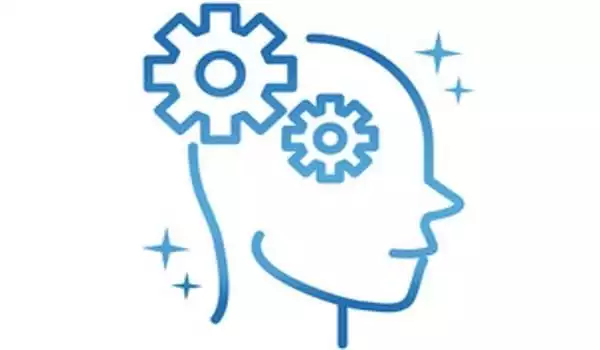Dementia patients are more likely to acquire apathy as their condition worsens. Learn about the symptoms and causes of apathy, as well as various treatments for someone living with dementia. Many people experience a loss of vitality or ‘drive,’ or they lose their ‘spark.’ However, apathy is distinct. Apathetic people have little or no motivation to do tasks that they would normally find significant and worthwhile.
Indiana University School of Medicine researchers are investigating why neuropsychiatric symptoms such as apathy and irritability develop in the majority of Alzheimer’s disease patients prior to the onset of memory loss.
Yao-Ying Ma, MD, Ph.D., assistant professor of pharmacology and toxicology, conducted the study, which was just published in the journal Molecular Psychiatry. When employed in an Alzheimer’s disease model, the researchers discovered a receptor in the brain that causes a loss of neurons and synaptic structure.
Dementia patients frequently experience apathy as a result of damage to the frontal lobes of their brain. This portion of the brain is in charge of motivation, planning, and task sequencing. A person’s apathy might worsen if they retreat, stop doing things, and lose their confidence and ability. People close to them may be able to assist them in preventing this.
The study concentrated on the nucleus accumbens, a vital brain region involved in incentive processing. This region, located in the ventral striatum, is not well explored by Alzheimer’s disease experts, according to Ma; it is mostly studied to understand motivational and affective processes. Previous research has indicated that the volume of the nucleus accumbens, like the cortical and hippocampal parts of the brain, is diminished in adults with Alzheimer’s disease, according to Ma.
If we can delay pathological changes in one of the impacted locations, such as the nucleus accumbens, we may be able to delay pathological changes in other regions.
Yao-Ying Ma
Ma, who is new to Alzheimer’s disease research, has a background in drug addiction studies and synaptic communication, which is the process through which neurons in the brain communicate with one another. Some of the neuropsychiatric symptoms seen in substance abusers, such as apathy, mood swings, and anxiety, are also seen in Alzheimer’s disease patients.
“Even before the onset of cognitive deficits, a significant number of Alzheimer’s patients start showing mood swings, and they have a greater chance to have symptoms of depression,” Ma said.
These neuropsychiatric symptoms, on the other hand, tend to appear before memory loss, but no effective treatments are available, according to Ma. She stressed the need of understanding why those symptoms exist and how they relate to cognitive deficiencies. According to Ma, the researchers discovered synaptic calcium-permeable receptors (CP-AMPARs) in the nucleus accumbens of an Alzheimer’s disease mouse.

The receptor, which is ordinarily missing in that region of the brain, allows calcium to enter the neurons. This causes a calcium overload, which causes a breakdown of the synaptic structure. Calcium accumulation, in turn, causes a cascade of intracellular alterations that can be fatal to the neuron via a positive feedback loop by escalating calcium overload.
Motivational deficiencies are caused by synapse loss in the brain. Knowing this, Ma believes that targeting and inhibiting these receptors in the brain could prevent or delay the onset of Alzheimer’s disease-related neuropsychiatric symptoms, and eventually cognitive deficiencies.
“If we can delay pathological changes in one of the impacted locations, such as the nucleus accumbens,” Ma explained, “we may be able to delay pathological changes in other regions.”
There is less information about whether treatments can benefit a person with dementia who is apathetic when compared to depression and anxiety. Drugs only serve a minor role in the treatment of apathy. Some patients who take Alzheimer’s or mixed dementia medication (such as donepezil, rivastigmine, or galantamine) are more motivated and have greater memory and focus. A person suffering from apathy may also be prescribed an antidepressant medication.
However, there is little evidence that antidepressants aid persons with Alzheimer’s disease, mixed dementia, or vascular dementia who are apathetic. In fact, there is considerable evidence that these medicines exacerbate indifference.
As a result, non-drug approaches should be considered first. Music therapy, group art therapy, recollection, and cognitive stimulation, for example, administered by a skilled practitioner, can be beneficial. These therapies, however, are not available everywhere. Find out what’s available in your region by contacting your local dementia support worker or adult social services.
People with dementia who are apathetic may gain more from general creative activities such as music and art than from specialized therapy with a qualified practitioner. Even if they find it difficult to participate actively in these events, they can benefit from being a part of them.












